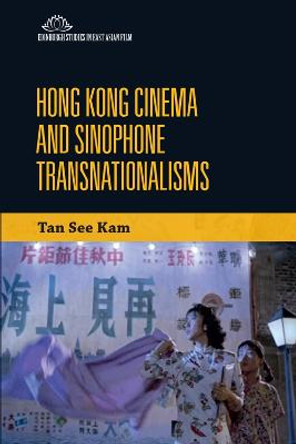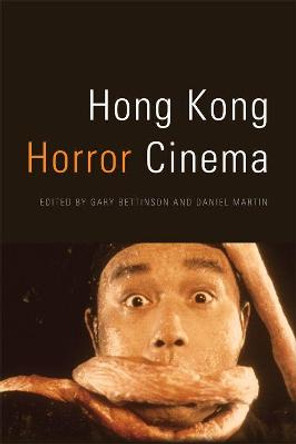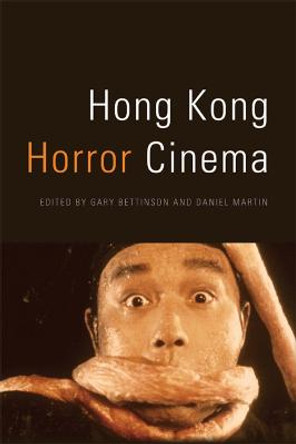Examines new sinophone modes of filmic address in Hong Kong cinema in the 20th century, enabling a developing cosmopolitanism to emerge Examines new sinophone modes of filmic address in Hong Kong cinema in the 20th century Explores the Sinophone, queering strategies, and cosmopolitanism through textual analysis of key genres and figures in Hong Kong film history, including the Shaw Brothers and Tsui Hark Historicizes the Sinophone by locating its articulations in specific industrial contexts, and through historical cases of genre, stardom, and authorship Hong Kong Cinema and Sinophone Transnationalisms explores the intricate complexity of selected films and film-making practices from 1930s Hong Kong (and Shanghai) to the later 'new wave' phenomenon of the 1980s. The result is a Sinophone cinema that created some very different ways of understanding 'China' and 'Chineseness', developing their own 'cosmopolitan dreaming' within the cultural and economic changes of those times. Exploring sinification and its multiple manifestations in film, the book examines cinematic genres including Huangmei Opera films, qiqing (strange or queer romance) films, fanchuaners (professional cross-sex performers) in film, Hong Kong's Bond Movies (bangpian), erotic (fengyue) films, and New Wave Hong Kong cinema. In doing so, this book lays fruitful foundations for further understanding the development and changing faces of Hong Kong films and sinophone transnationalism in the even more complex and changing times of today.
About the AuthorDr See Kam Tan is Associate Professor in the Department of English at the University of Macau.
Reviews"This very welcome addition to the scholarship on transnational Chinese cinema provides the needed depth and breadth to appreciate the expansive historical and geographic sweep of Chinese-language film with Hong Kong at its beating heart.? Tan deftly moves from Shanghai roots through cross-dressing operatic romances, softcore court intrigues, James Bond-style spy stories, and swordplay actioners as they circulate through Hong Kong and throughout the Chinese diaspora.? Culminating with Tsui Hark's New Wave Chinese-accented cosmopolitanism, this book highlights the continuing importance of Hong Kong at a cinematic crossroads that connects Asia to the rest of the world." -Gina Marchetti, author of Citing China: Politics, Postmodernism, and World Cinema
Book InformationISBN 9781474476379
Author See Kam TanFormat Paperback
Page Count 368
Imprint Edinburgh University PressPublisher Edinburgh University Press
Series Edinburgh Studies in East Asian Film













